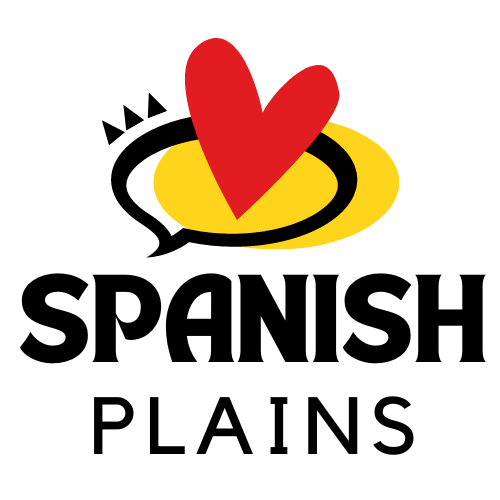Introduction
Oliva, a charming town located on the beautiful Mediterranean coast of Spain, offers visitors a perfect blend of sun, sand, and culture. With its idyllic beaches, rich history, and vibrant local traditions, Oliva has something to offer to every type of traveler. Whether you are looking for a relaxing beach getaway, exploring historical sites, or immersing yourself in the local Spanish culture, Oliva has it all.
Sun and Sand
Oliva boasts an impressive stretch of coastline with pristine beaches lapped by the crystal-clear waters of the Mediterranean Sea. With over 10 kilometers of sandy beaches, it’s easy to find a tranquil spot to relax and soak up the sun. The golden sand, gently sloping shorelines, and calm waters make it a perfect destination for families and beach lovers.
For those seeking a more adventurous experience, Oliva also offers various water sports activities, such as windsurfing, paddleboarding, and jet skiing. The town is known for its favorable wind conditions, making it a popular spot for windsurfing enthusiasts from around the world.
Culture and Heritage
Steeped in history, Oliva offers visitors a glimpse into its rich cultural heritage. The old town is a maze of narrow streets lined with beautifully preserved medieval buildings, including the striking Church of Santa Anna, a must-visit for its stunning architecture and historical significance.
Travelers can also explore the town’s fascinating museums, such as the Archaeological Museum, which showcases the region’s ancient Roman and Iberian artifacts. Art enthusiasts will appreciate the Casa de Cultura, a cultural center that hosts exhibitions and events throughout the year.
Local Traditions
Oliva is known for its vibrant local traditions and festivals, providing visitors with a unique cultural experience. One such event is the Moors and Christians Festival, held annually in July, where the streets come alive with colorful parades, music, and traditional costumes. This historical reenactment commemorates the battles between Moors and Christians during the Spanish Reconquista.
Food plays a significant role in Spanish culture, and Oliva boasts a wide range of authentic Mediterranean cuisine. From fresh seafood caught daily to traditional rice dishes such as paella, visitors can indulge in the flavors of the region at the various restaurants and tapas bars scattered throughout the town.
FAQs
Q: How do I get to Oliva?
A: Oliva can be reached by flying into either Valencia or Alicante airports. From there, you can rent a car or take public transportation to reach the town.
Q: What is the best time to visit Oliva?
A: The best time to visit Oliva is during the summer months of June to September when you can enjoy the warm weather and make the most of the beaches. However, if you prefer a quieter experience, the shoulder seasons of spring and autumn offer pleasant temperatures and fewer crowds.
Q: Are there accommodations available in Oliva?
A: Yes, Oliva offers a wide range of accommodations to suit every budget, including hotels, apartments, and beachfront resorts.
Q: Can I visit Oliva for a day trip?
A: While a day trip to Oliva is possible, it is recommended to spend a few days to fully experience everything the town has to offer, including its beaches, historical sites, and local traditions.
Q: Are there any other nearby attractions worth visiting?
A: Oliva is located close to other popular destinations such as Denia and Valencia. Both places offer their own unique attractions and are easily accessible from Oliva by car or public transportation.
